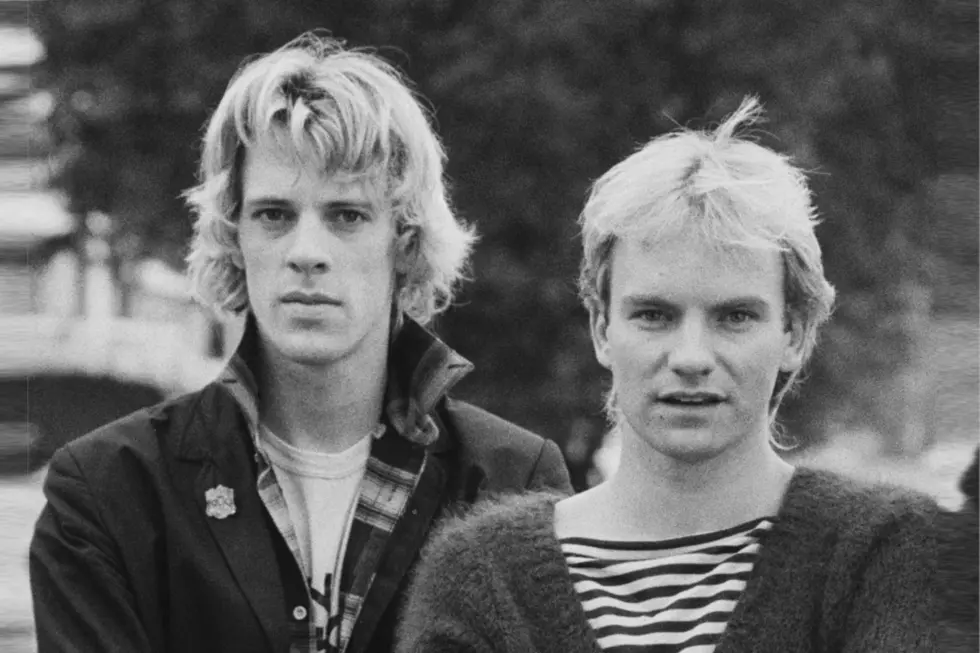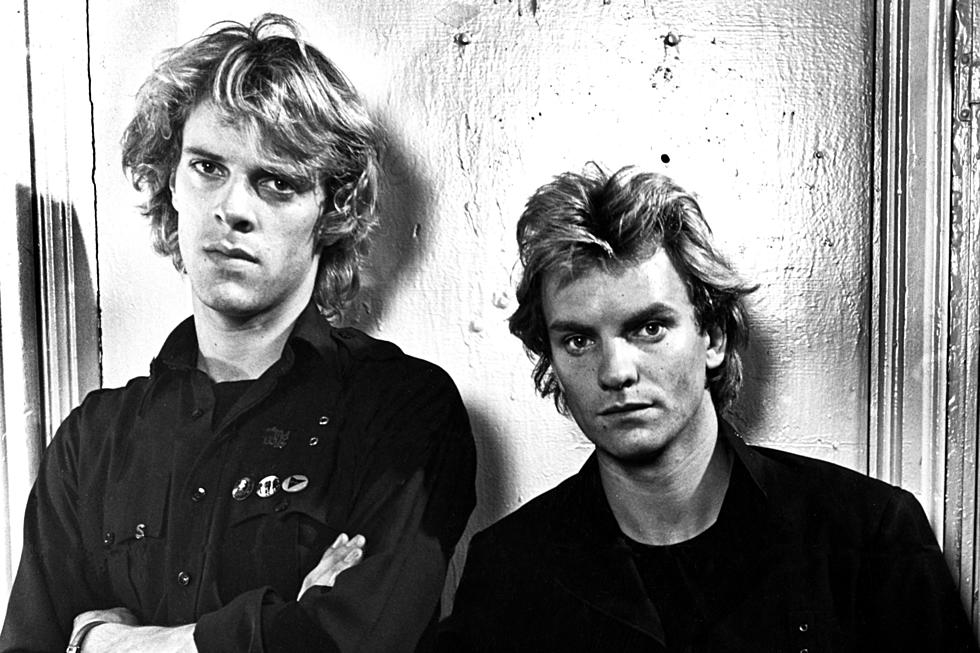
Sting, ‘The Last Ship’ – Album Review
Sting has never hid his pretensions. In fact, he's gone out of his way to flaunt them, going all the way back to the Police, when he casually referenced Vladimir Nabokov in the band's first Top 10 U.S. hit and then explored Jungian philosophies on the band's biggest-selling album. Things only got worse with his solo career.
It's been 10 years since Sting's last proper album, 'Sacred Love,' and his return may be the most pretentious and ambitious project he's undertook: 'The Last Ship,' a 12-track song cycle conceived and written for the stage (it will play on Broadway in 2014) based on the singer's childhood memories of growing up in a coastal town. And like most pop works designed specifically for the theater, 'The Last Ship' is somewhat showy, kinda demanding and a bit bombastic.
Sting exorcises almost all of his rock and pop demons here. Even the most accessible songs -- 'And Yet' and 'Practical Arrangement' -- don't stand a chance of airplay. And Sting couldn't care less. From the opening title track -- a lilting acoustic cut that sets the scene -- through the song's reprise, 'The Last Ship' is filled with characters, dialects and themes that sketch a portrait of a time and place viewed from one person's past.
Lyrically, the album is in service to whatever the stage production plans to visualize. For the most part, it's nostalgic and sentimental. Musically, it's pretty much what you'd expect from a story about a seaside city set some 50 years in the past. Shanties, ballads and mostly fond remembrances of a time long gone populate the shipbuilding community in the North East of England that Sting sings about.
Depending on your tolerance and perspective on such things, 'The Last Ship' will either bore you or give you faith in Sting's decision to age gracefully. It was inevitable that he would eventually get around to a project like this -- his excursions into jazz and classical music over the past quarter century revealed an artist who'd grown tired of being a star a long time ago. This is a grown-up career move, for better or worse.
More From Ultimate Classic Rock









